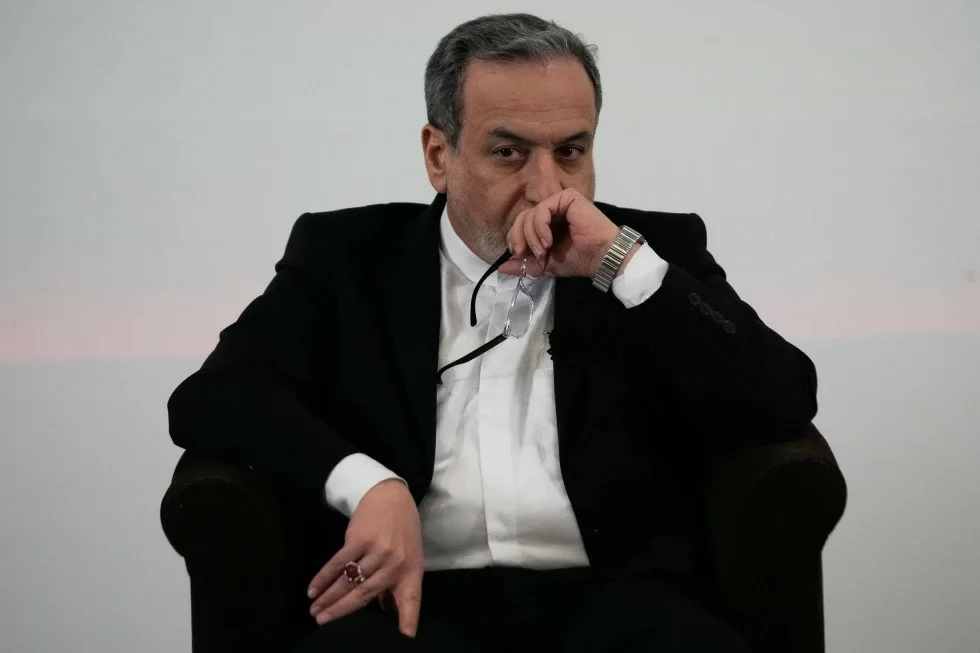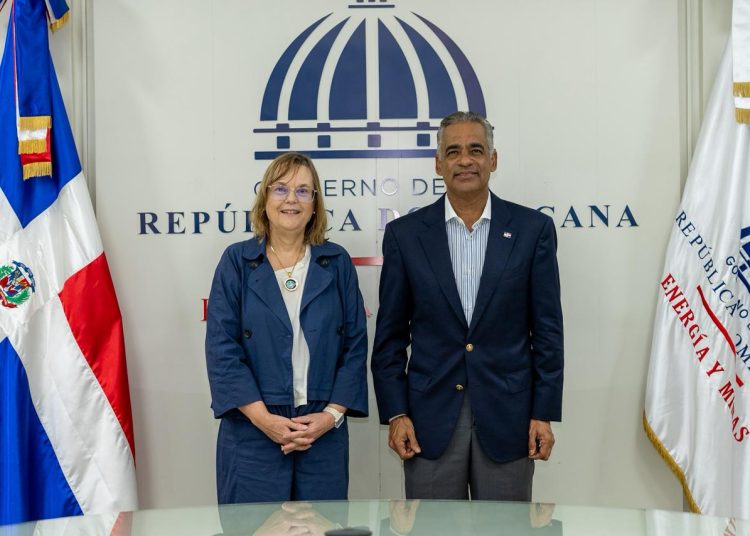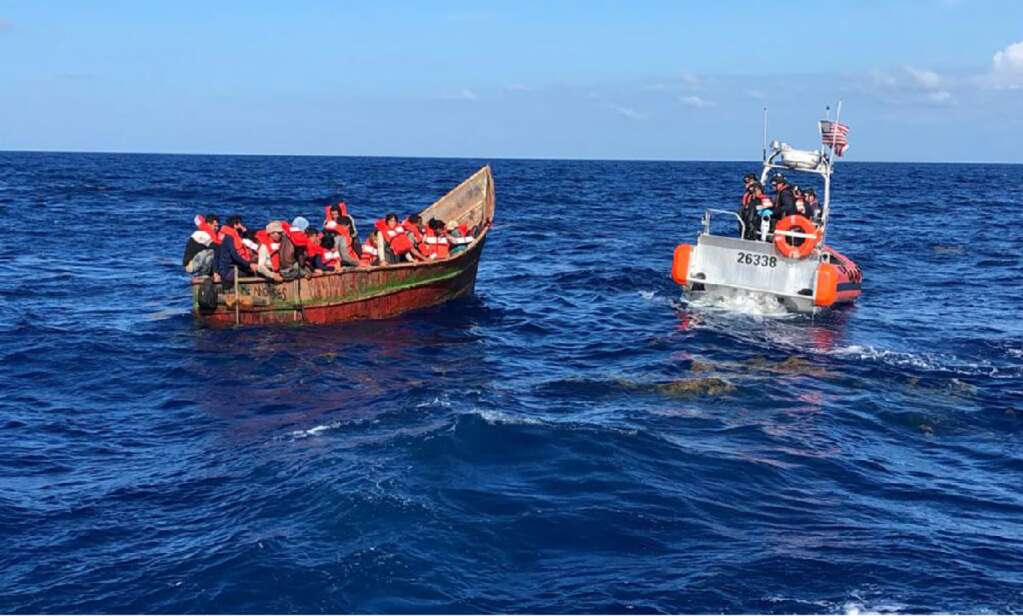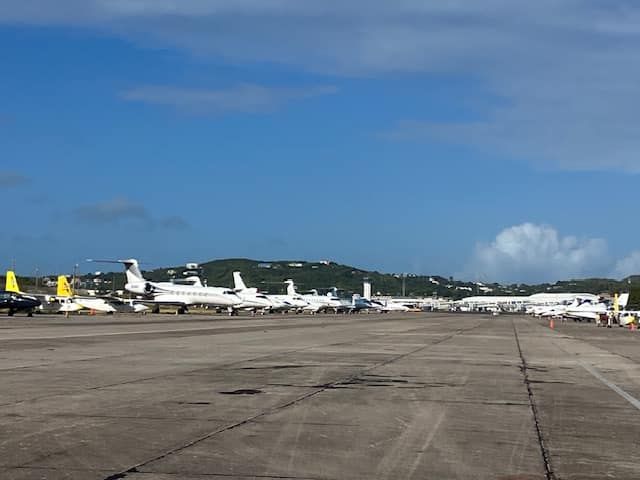Iran’s state broadcaster has officially acknowledged 3,117 fatalities during recent nationwide protests that erupted on December 28, 2025, marking the deadliest civil unrest in decades. According to the Wednesday announcement, 2,427 victims included both civilians and security personnel, though details regarding the remaining casualties remain unspecified.
The disclosure comes amid escalating regional tensions as Iranian Foreign Minister Abbas Araghchi issued a stark warning to the United States during a Beirut seminar on Friday. Araghchi cautioned that Iran would respond “without hesitation with everything we have” to any new attacks against the Islamic Republic, referencing last June’s conflict with Israel. He characterized potential large-scale confrontation as “fierce” and prolonged, with significant regional and global implications.
Independent verification of casualty figures remains challenging due to internet restrictions and information blackouts. The US-based Human Rights Activists News Agency estimates at least 4,560 deaths based on activist networks within Iran, significantly higher than official figures.
Meanwhile, US military assets continue redeploying to the region, with the USS Abraham Lincoln carrier strike group transiting from Asia toward the Middle East. Satellite imagery confirms F-15E fighter aircraft and mobile HIMARS rocket systems being positioned throughout the region, coinciding with new travel restrictions for American diplomats visiting bases in Kuwait and Qatar.
The protests initially sparked by economic grievances rapidly evolved into broad criticism of Iran’s theocratic regime, recalling memories of the 1979 revolution’s chaos. Although demonstrations have subsided in recent days, human rights organizations fear increased fatalities may emerge as information gradually leaks from the information-restricted nation.
Iranian authorities have arrested approximately 26,500 individuals, warning that “terrorists” linked to Israel and supported by the US will face prosecution. Concerns mount that some detainees may receive death sentences, crossing what US officials previously identified as red lines in tensions with Iran.
In a significant development, the Kurdish National Army of Kurdistan (PAK) claims Iran conducted its first foreign military operation since the protests began, attacking a base in northern Iraq and killing one fighter. Kurdish dissident groups have long found refuge in Iraq’s autonomous Kurdish region, creating persistent tensions between Baghdad and Tehran.
The international community continues monitoring the volatile situation, emphasizing the critical importance of protecting human rights and preventing further regional escalation.









